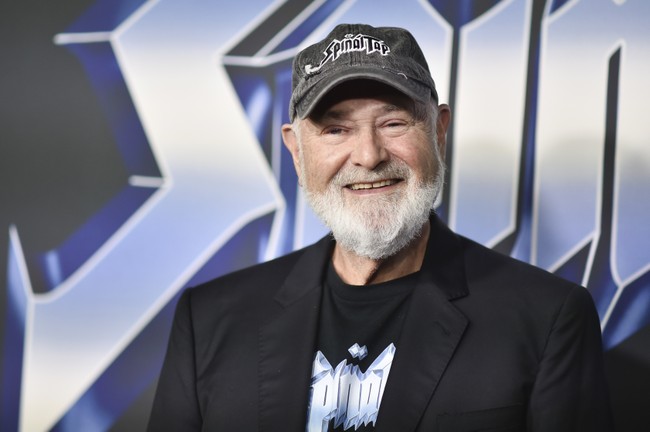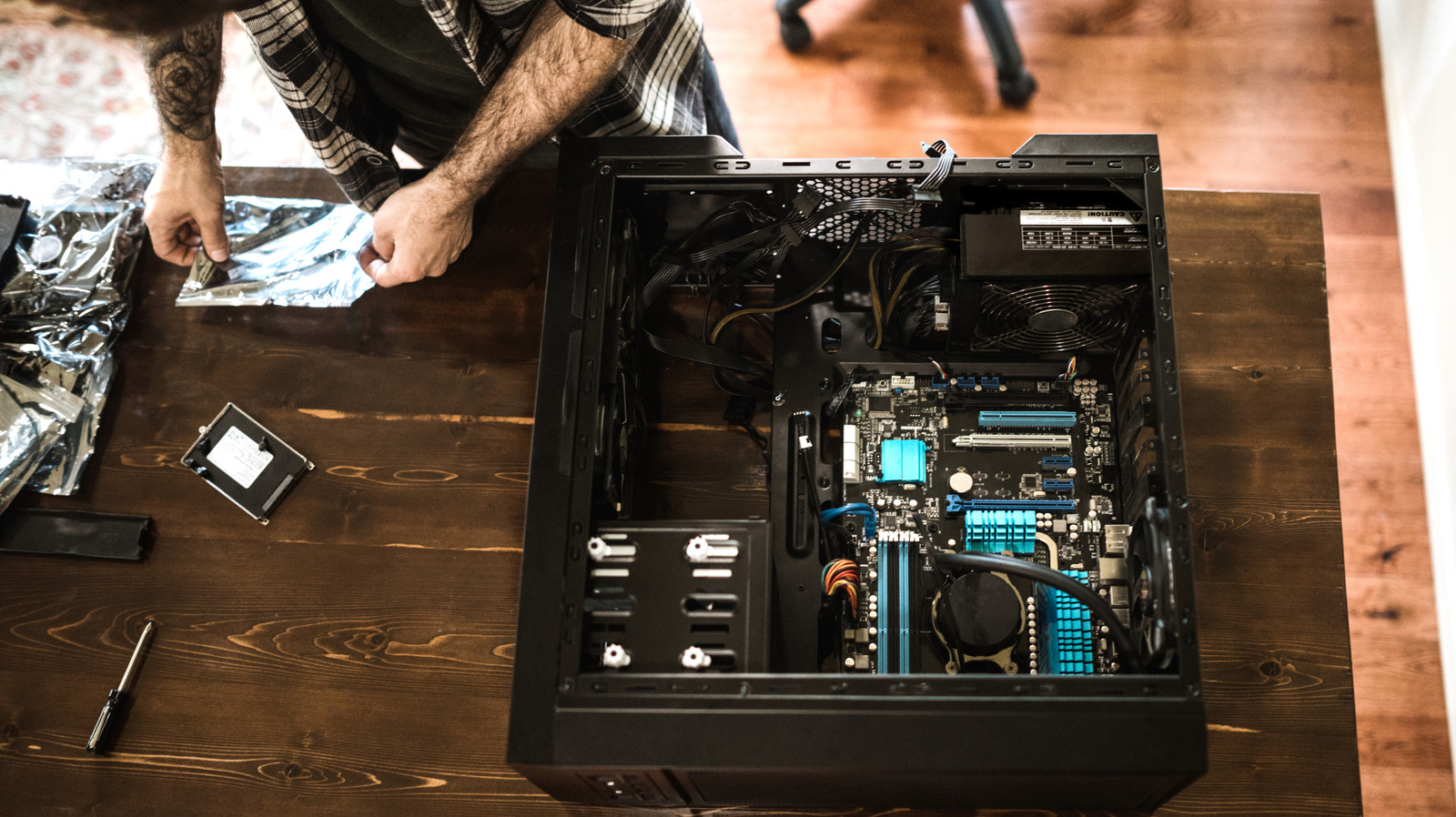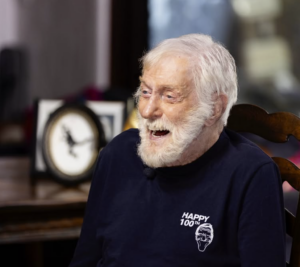
doyouremember.com
Dick Van Dyke Turns 100, Celebrates By Saying It’s ‘Not Enough’
Dick Van Dyke has spent decades making audiences laugh, sing, and believe in the simple joy of performance. Now, as Dick Van Dyke reaches his 100th birthday, the beloved entertainer is reflecting on a life that has far exceeded expectations, while making it clear that he is not finished yet. The milestone marks not just longevity but a career and spirit that continue to inspire admiration across generations.
According to USA Today, Dick Van Dyke greeted the occasion with characteristic optimism and wit. “A hundred years is not enough; you want to live more,” he said, adding that he plans to do exactly that. Even at a century old, Dick Van Dyke speaks with the enthusiasm of someone still deeply engaged with life, creativity, and the people around him.
Dick Van Dyke Celebrates Turning 100 With Family and Music
alauravandyke/X
Dick Van Dyke chose a relaxed celebration for his 100th birthday, surrounded by family and close friends. The gathering included music, laughter, and a speech that reflected his trademark humor, as he joked that it was “the biggest day of my life—and the longest.” Performances of songs tied to his legendary career filled the room, with Van Dyke joining in where he could, still eager to participate rather than simply observe.
Dick Van Dyke is turning 100 years old on December 13: Variety/X
He also took time to thank those in attendance, acknowledging both his limitations and his gratitude. “Enjoy yourselves,” he told guests, noting that while his sight and hearing are not what they once were, he was paying as much attention as possible. The moment captured the balance that now defines Dick Van Dyke’s life: awareness of age, paired with deep appreciation for connection.
Dick Van Dyke Credits Love, Optimism, and Staying Active
Dick Van Dyke/Instagram
A central figure in Dick Van Dyke’s continued vitality is his wife, Arlene Silver, whom he credits with keeping his spirits high. “She kept me young,” he said, explaining that her energy, humor, and support have played a major role in his outlook. Silver echoed that sentiment, expressing gratitude that he has reached this milestone feeling present in mind and body.
CHITTY CHITTY BANG BANG, Dick Van Dyke, 1968/Everett Collection
While Dick Van Dyke openly acknowledges the physical challenges of aging, he remains committed to movement and routine. He still exercises several days a week, stretching, practicing yoga-style movements, and using gym machines to stay limber. Though he admits to stiffness, hearing difficulties, and moments of frustration, he continues to dance when he can, believing that staying active and optimistic has been essential to reaching 100 with purpose intact.
Next up: BREAKING: ‘All In The Family’ Star Rob Reiner Found Dead In His Home At 78
The post Dick Van Dyke Turns 100, Celebrates By Saying It’s ‘Not Enough’ appeared first on DoYouRemember? - The Home of Nostalgia. Author, Ruth A












